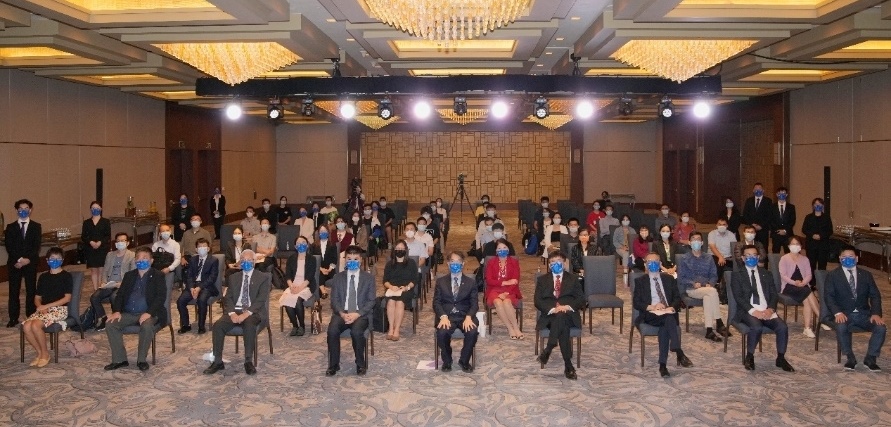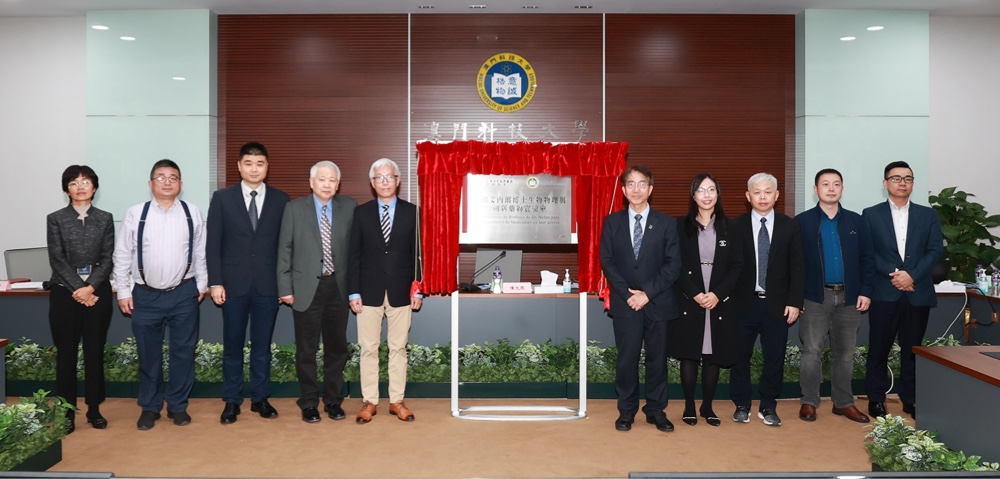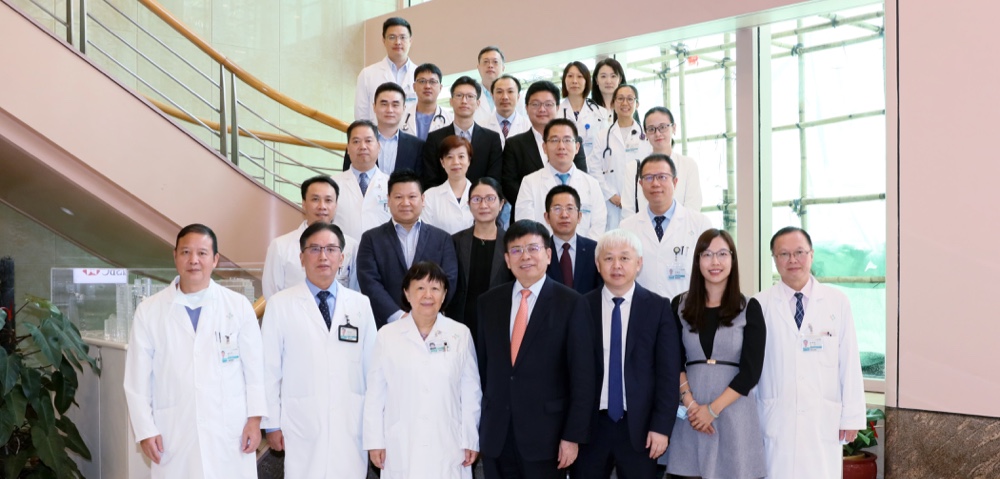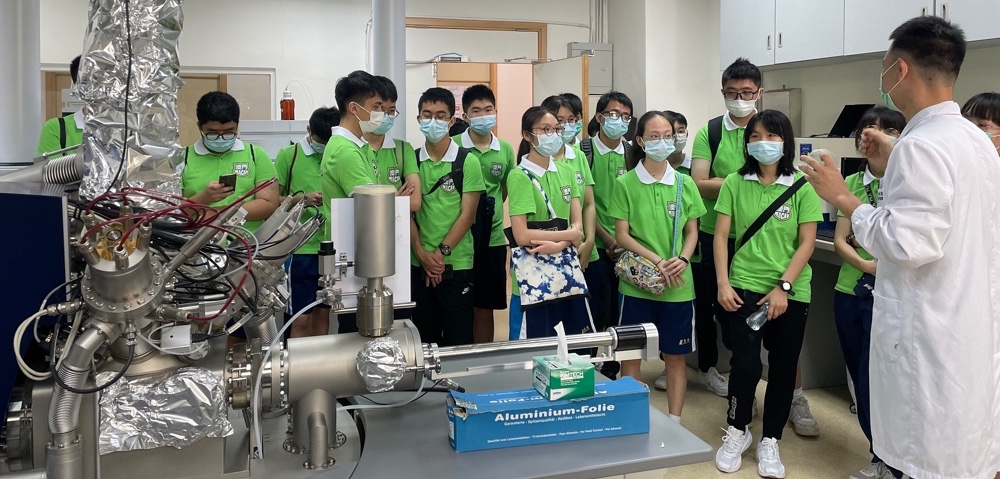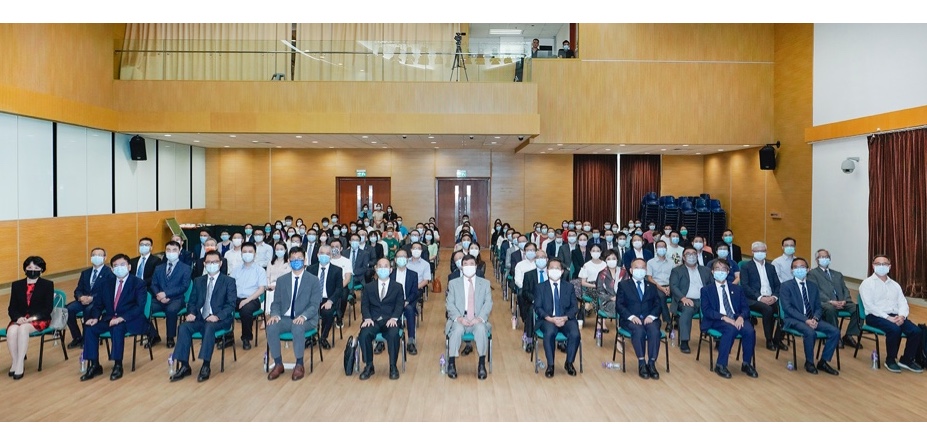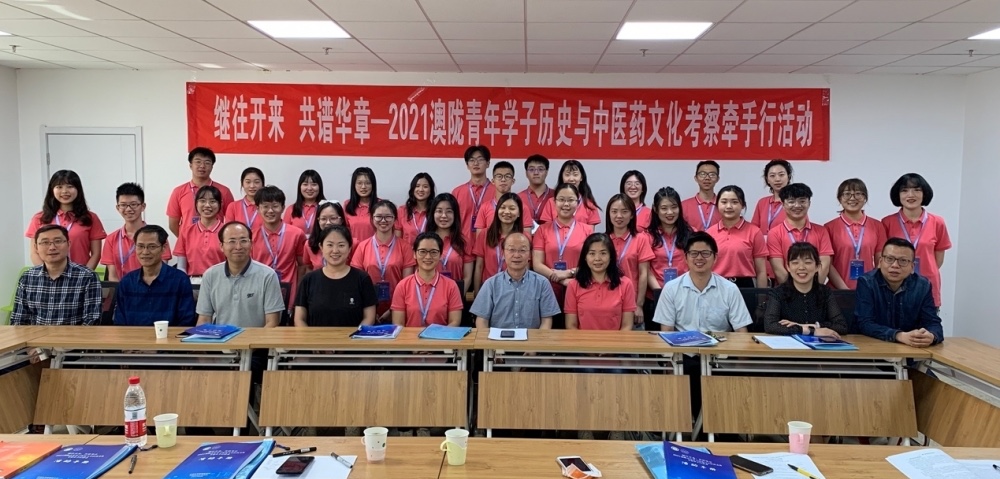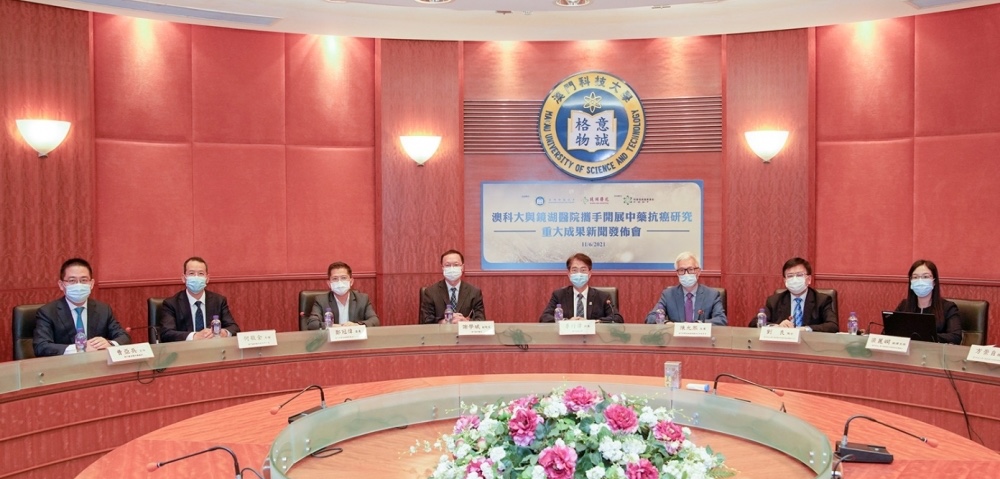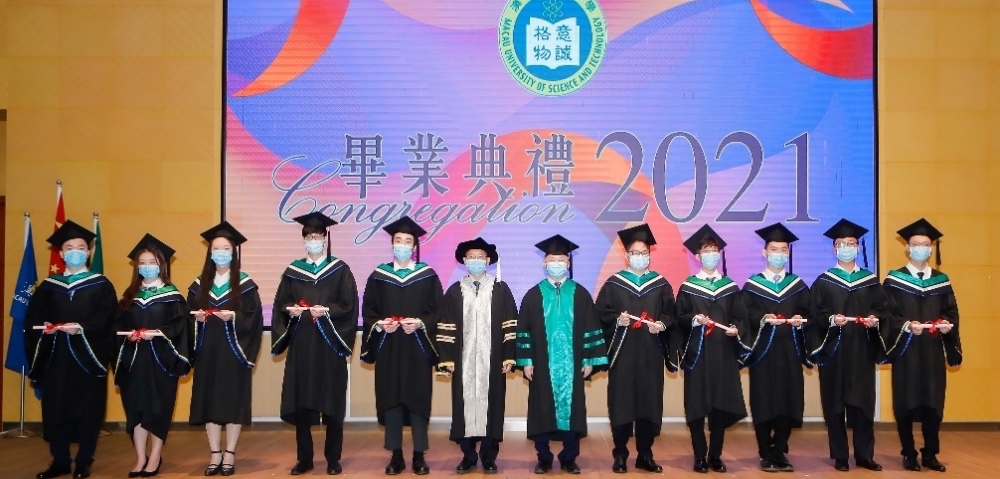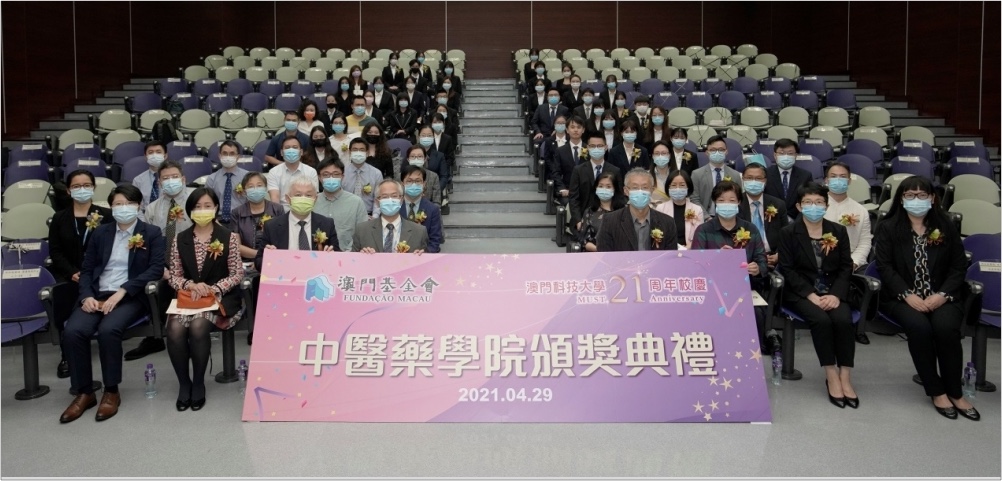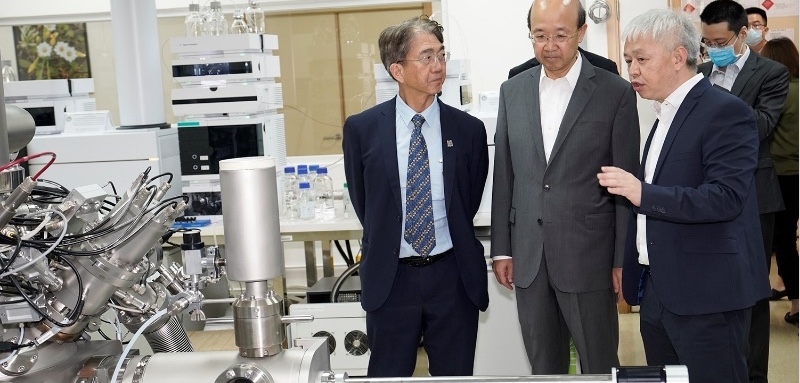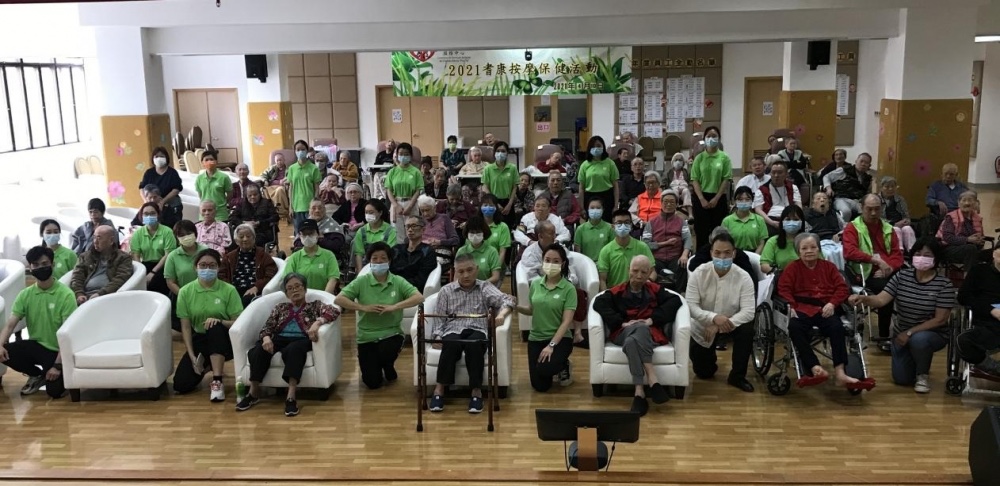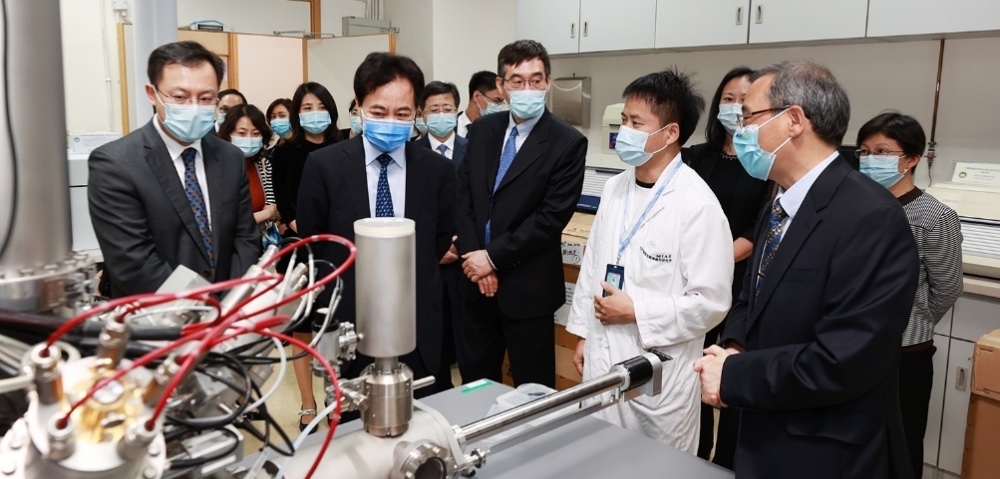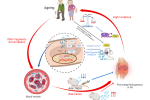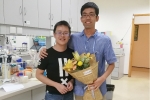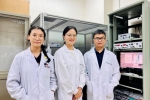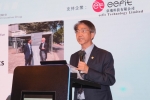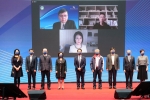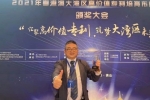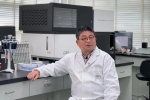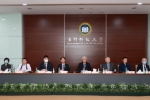The 4th meeting of the 2nd Academic Committee of the State Key Laboratory of Quality Research in Chinese Medicine (SKL) was held successfully in the University of Macau in the afternoon of January 16, 2020. The meeting was held complying with the requirement of the State Key Laboratory Construction and Operation Management Regulations of the Ministry of Science and Technology of China. Over forty experts and scholars, including Member of the Administrative Committee of the Macao Science and Technology Development Fund (FDCT) Mr. Cheang Kun Wai, President of Macau University of Science and Technology Academician Liu Liang, Vice President of the University of Macau Chair Prof. Ge Wei, Director of the Academic Committee of the State Key Laboratory Academician Chen Kaixian, and Academician Ding Jian of the Shanghai Institute of Materia Medica, Chinese Academy of Sciences, attended the meeting. At the meeting, the committee members and the experts and scholars engaged in in-depth discussions on the research progress and development directions of the State Key Laboratory.
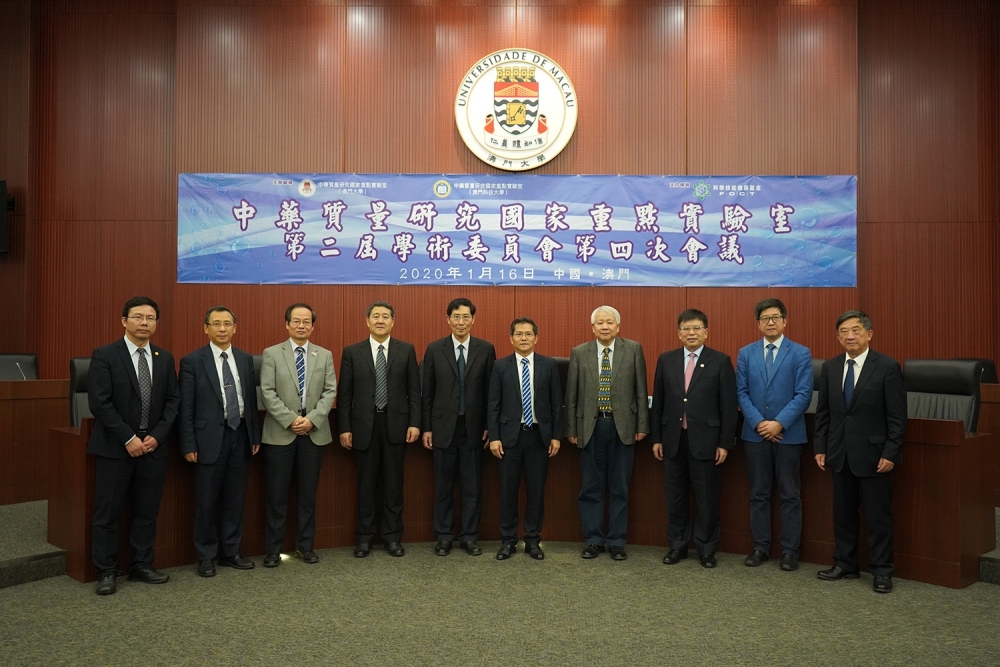
Group photo
Mr. Cheang Kun Wai, Academician Liu Liang, and Vice President Ge Wei gave welcome speeches, respectively on behalf of the Macao S.A.R. Government and the two universities. Director of the Academic Committee Academician Chen Kaixian gave a speech and affirmed the construction and development of the SKL.
At the welcome speech, Academician Liu Liang pointed out that since the State Key Laboratory of Quality Research in Chinese Medicine was established in 2011, M.U.S.T. has committed to its development and provided powerful support with regard to manpower, equipment and finance. Currently, the SKL has grown to become a research base of innovative Chinese medicine studies, representing the national standards. With the support and guidance of the FDCT and the Academic Committee, the SKL has made numerous new progresses in terms of publication of academic papers, authorization of international patents, and industry-education-research collaboration. Looking ahead, the University will continue to give full support to the construction and development of the SKL with respect to introduction of talents, incentive measures, quota allocation for graduate students and post-docs, laboratory spaces and mechanisms for transfer of research outcomes. M.U.S.T. will continue its work striving to grow the SKL into a well-known innovative center of Chinese medicine science and technology, rely on the Traditional Chinese Medicine-based modern medicine industry innovation center and the international Chinese medicine research cooperation center, and contribute its part to the adequate diversification of Macao economy, succession and dissemination of Chinese medicine academics, the longtime prosperity and stability of Macao and the development of the Greater Bay Area.
Deputy Director of the SKL (Macau University of Science and Technology) Chair Prof. Jiang Zhihong, and Director of the SKL (The University of Macau) Prof. Wang Yitao each gave a report on the progress of the SKL in the two universities.
Chair Prof. Jiang Zhihong gave an introduction to the new advancements of the SKL (Macau University of Science and Technology) over the past year. The research conditions and academic staff team at the SKL has further improved and strengthened, in particular, with the addition of an academician of the Chinese Academy of Engineering. The laboratory has made a series of significant research progresses and fruitful research outcomes in four key research areas, namely, the research of new technology of quality control based on the “three excesses” of Chinese medicine and its theoretical foundation, the research of quality assessment and development and usage of valued and rare Chinese medicine ingredients like ginseng, the research of new techniques for diagnosis and treatment of rheumatism and degenerative cranial nerves diseases and relevant innovative drugs research, and the research of innovative anti-cancer Chinese medicines and quality standards. The laboratory has continued to gain tremendous sponsorship from the FDCT, and the total funding for research from the FDCT this year has amounted to MOP 59,910,000. The laboratory has also made great accomplishments in terms of research outcomes, and has published a total of 267 research papers in mainstream medical journals at home and abroad over the past year, including 226 SCI papers in world’s famous journals like Nature Biotechnology, Annals of the Rheumatic Diseases, Microbiome, Leukemia, Nano-Micro Letters, British Journal of Pharmacology, Organic Letters, Analytical Chemistry. The laboratory has also been granted 19 patents. In terms of operation mechanisms, the laboratory continued to reinforce openness and cooperation, move forward industrialization of science and technology outcomes, and take measures such as establishing a branch of the State Key Laboratory of Quality Research in Chinese Medicine in the Hengqin New Area and co-applying with Guangzhou Medical University to establish the Guangdong-Hong Kong-Macao Greater Bay Area Respiratory Diseases Joint Laboratory, so as to expedite efforts to integrate into the Guangdong-Hong Kong-Macao Greater Bay Area national strategy. What’s more, the laboratory also organized a series of academic conferences, seminars and academic talks in order to promote exchanges of research outcomes.
The Academic Committee expressed rave reviews and high praises to the speedy development of the SKL and put forth opinions and suggestions for its future progress, including prioritizing significant industrial problems and unique research areas, and exerting Macao’s strengths as an international Chinese medicine exchange platform. Finally, Academician Liu Liang and Chair Prof. Wang Yitao spoke on behalf of the two universities housing the SKL, giving sincere thanks to the committee members for their affirmations of the achievements of the SKL, and acknowledged that the SKL would act on the suggestions made to further optimize the development of the SKL, strive to make greater accomplishments, and grow the SKL to become a research base with international standards for research of quality and innovative drugs in Chinese medicine.

